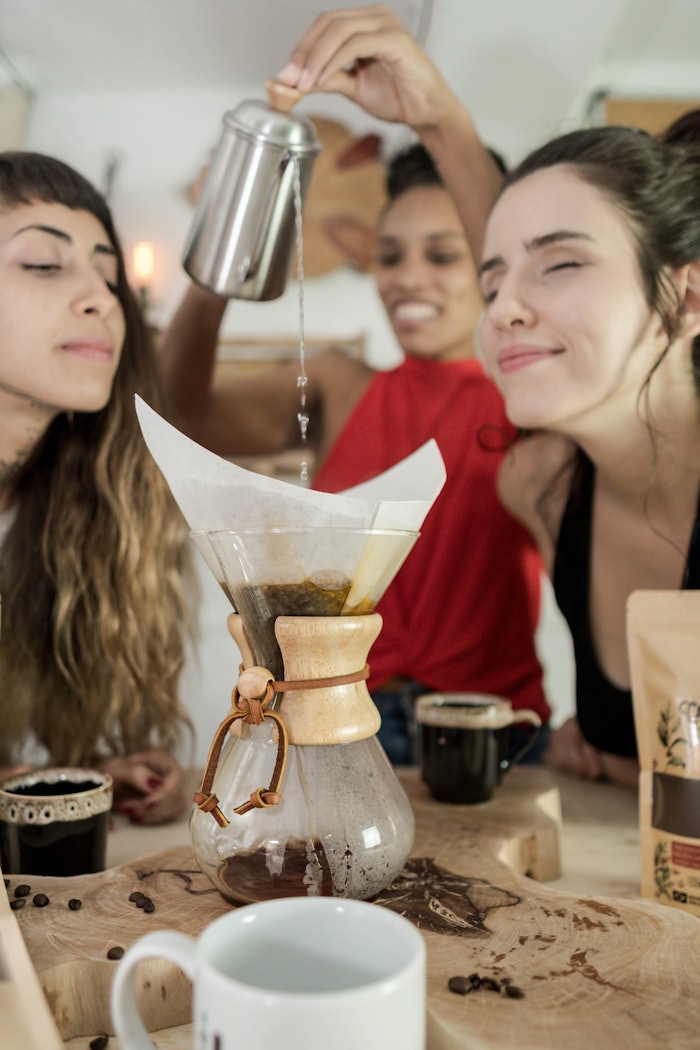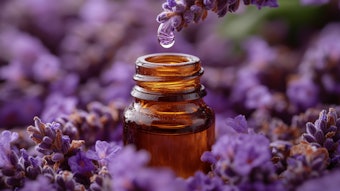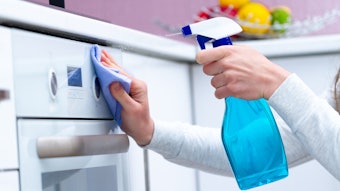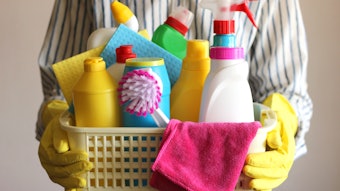
The COVID-19 pandemic amplified the reach and knowledge of Anosmia, with 15 million people worldwide expected to suffer from long-term smell or taste loss. Anosmia is the partial or full loss of smell. Anosmia can be a temporary or permanent condition.
Anosmia Awareness Day, held on February 27, is a day to spread awareness about anosmia.
Researchers from Monell Chemical Senses Center, Brown University, and HCD Research in association with The World Taste and Smell Association asked people in 22 countries if you had to choose one sense to lose, what would it be? Overwhelmingly, people would give up their sense of smell, more than any other sense.
The research team consisting of Jonas Yde Junge, Rachel Herz, Ph.D., Martha Bajec, Michelle Niedzela, and Valentina Parmaconducted a survey in six languages across 22 countries with 1,105 participants designed to quantify perceptions about the sense of smell. Some 64% of participants were willing to give up their sense of smell over all other three senses. Taste came in dramatically behind, at 22%, with hearing at 7% and vision at 6%. Each sense was also compared to commodities and activities. More than 10% of the respondents said they would give up their sense of smell before social media.
“Until it happens to you, it’s hard to understand how profoundly smell affects every area of your life,” says Stephanie Feuer, director of the World Taste and Smell Association, who has been suffering from smell loss since 2017. “You miss the smell of morning coffee, the taste of a favorite meal, and you lose your ability to detect gas leaks or smell smoke. For new parents, the joy of a newborn is tempered by not being able to smell their sweet scent.”
“People do not have much awareness of their sense of smell. Interestingly, we see in our data an 4% rise in people stating that smell is important to them, suggesting that the COVID pandemic has had an effect on understanding that smell has a bit more value, although it’s a minor effect,” says Valentina Parma, assistant director of the Monell Chemical Senses Center. “The message we want to communicate is that we should start paying more attention to this sense and its connections to health and well-being.”
“Smell is our most ancient sense. It is fundamental to who we are,” Feuer says. “That’s worth remembering not just on Anosmia Awareness Day, but every day.”










